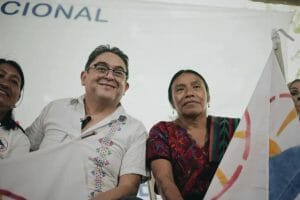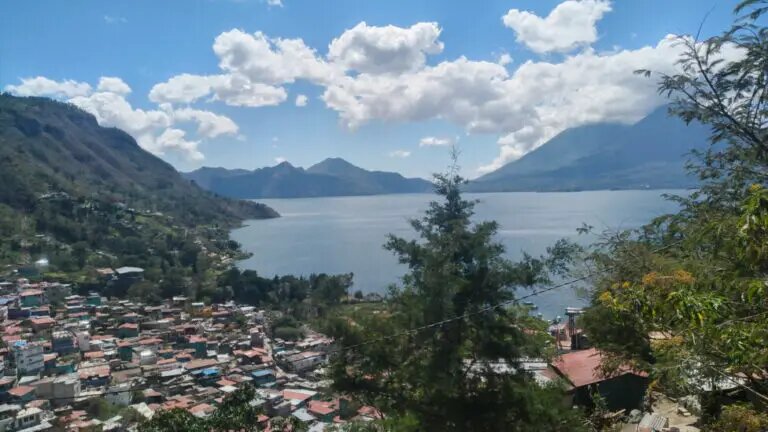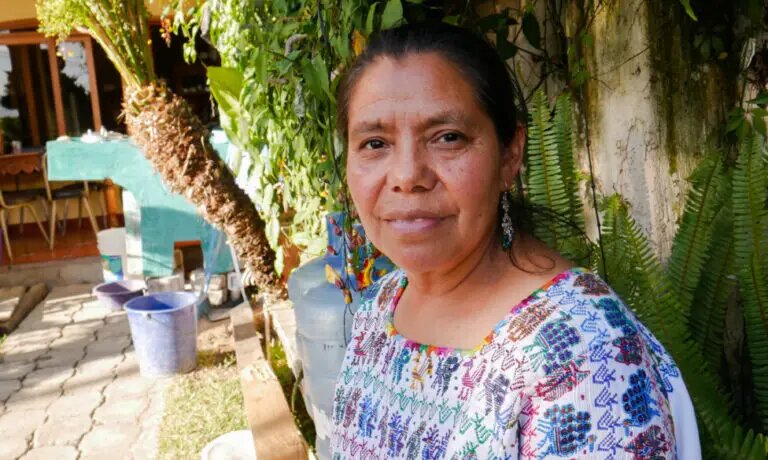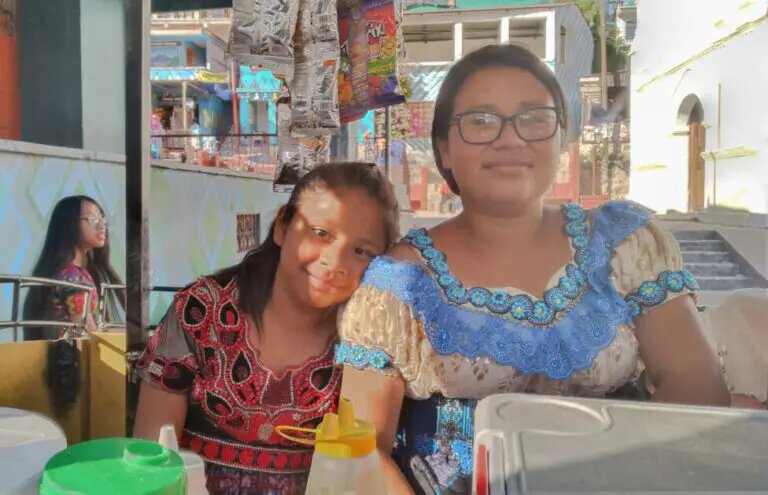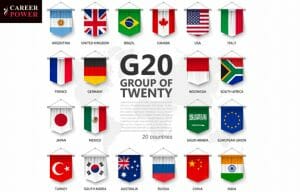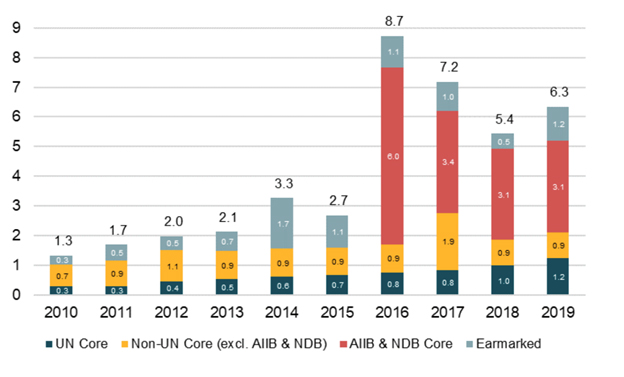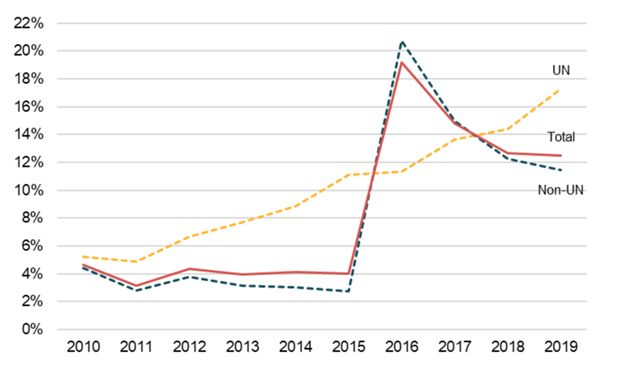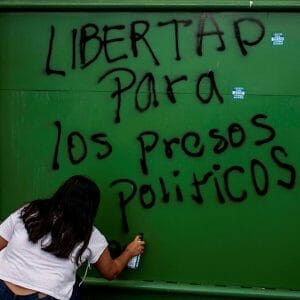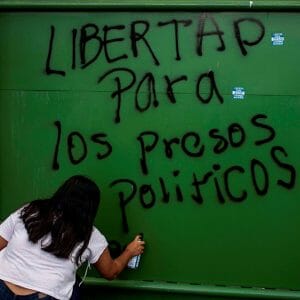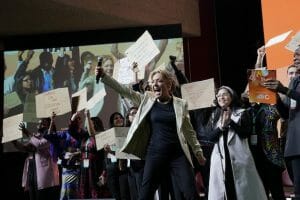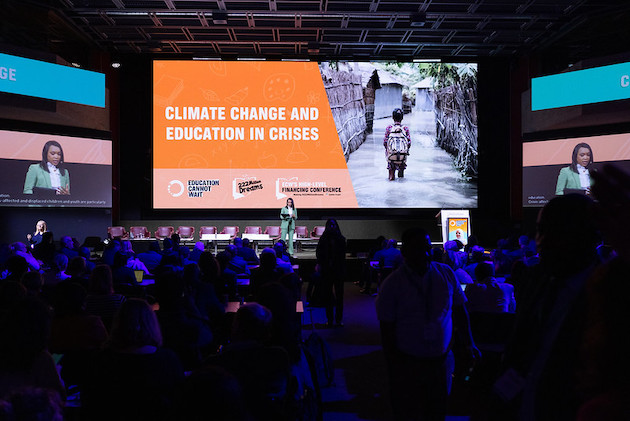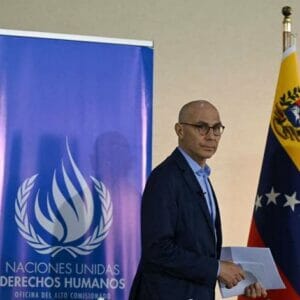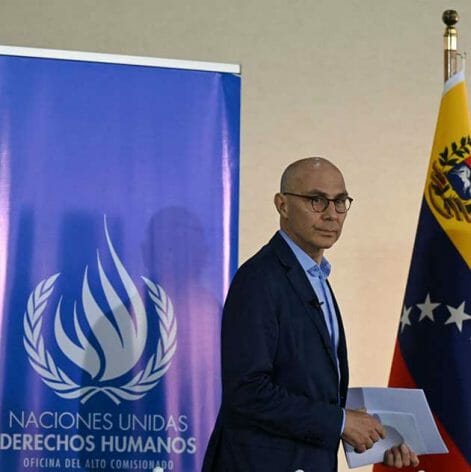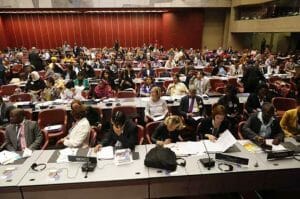

Despite advances in gender representation in legislative bodies, the track record of women in the executive branches of government – as heads of state or heads of government — remains low.
By Thalif Deen
UNITED NATIONS, Mar 8 2023 (IPS)
For the first time in history, says a new report from the Inter-Parliamentary Union (IPU), not a single functioning parliament in the world is “male-only”.
Is the increasing number of women in parliaments a singular achievement for gender empowerment? Or is it the result of mandatory legislative quotas for women’s representation in world’s parliaments?
According to the latest IPU report, Women in Parliament 2022, women’s participation in parliament has never been as diverse and representative as it is in many countries today.
The findings are based on the 47 countries that held elections in 2022. In those elections, women took an average 25.8% of seats up for election or appointment. This represents a 2.3 percentage point increase compared to previous renewals in these chambers.
Brazil saw a record 4,829 women who identify as Black running for election (out of 26,778 candidates); in the US, a record number of women of colour (263) stood in the midterm elections; LGBTQI+ representation in Colombia tripled from two to six members of the Congress; and in France, 32 candidates from minority backgrounds were elected to the new National Assembly, an all-time high of 5.8% of the total.
The report said legislated quotas were again a decisive factor in the increases seen in women’s representation.
Thomas Fitzsimons, IPU’s Director of Communications told IPS there are many factors that explain the successes of the countries that have made progress.
For example, he pointed out, technological and operational transformations, largely due to the COVID-19 pandemic, have increased the potential for parliaments to become more gender-sensitive and family-friendly.
“The influence of gender issues on election outcomes, with increased awareness of discrimination and gender-based violence, as well as alliances with other social movements, also helped drive strong results for women in some of the parliamentary elections,” he noted.
“But if we had to choose one primary factor, it would be legislated quotas. Legislated quotas enshrined in the constitution and/or electoral laws require that a minimum number of candidates are women (or of the under-represented sex),” he said.
Chambers with legislated quotas or combined with voluntary party quotas produced a significantly higher share of women than those without in the 2022 elections (30.9% versus 21.2%).
“As for the future, we need to accelerate the momentum which is still too slow. At current rates of growth, it will take another 80 years before we reach parity,” Fitzsimons declared.
Antonia Kirkland Global Lead — Legal Equality and Access to Justice.at Equality Now, told IPS it is encouraging to see IPU’s data revealing that more women than ever are in political decision-making roles globally, and there has been an overall increase in the number of women in both government and parliamentary posts.
IPU’s data clearly demonstrates that quotas on women’s representation have had a positive, big impact. Countries applying quotas have enjoyed a 9.7% increase in women in parliaments in comparison to countries without, she said.
“However, it is lamentable that women are still so underrepresented at all levels of political decision-making, accounting for only 9.8% of Heads of Government and just over a quarter of MPs. It is also deeply concerning that gender parity in parliaments is at least 80 years away if we continue at the current pace.”
With the World Bank finding that only 14 countries have full legal equality between women and men, and UN Women gaging it will take another 286 years to eliminate gaps in legal protections, duty bearers must create a safe and empowering environment for women to engage in politics that fosters greater legal equality, said Kirkland.
She said more needs to be done to increase women’s political representation by understanding and removing obstacles that impede women’s participation in the public sphere and decision-making.
“To accelerate gender parity in parliaments, we need an end to sex-discriminatory laws in all areas of life which hold women back from engaging in politics in the first place.”
Political parties should highlight the importance and advantages of gender diversity, and implement initiatives that involve women in politics at all stages and within all branches of the political arena.
IPU’s report, she pointed out, shows that a shocking percentage of women in parliament are subjected to gender-based violence and sexual harassment in their own parliaments, on the streets, and in the digital world. Concerted efforts are required to tackle head-on gender-based violence and abuse targeting women politicians both online and offline.
Governments, parliamentarians, the private sector, and civil society need to seize every opportunity – such as the upcoming UN Global Digital Compact – to work together so that women are protected from online abuse. Perpetrates and those who facilitate or provide platforms for such abuse must be held accountable.
“Tackling this problem would result in less self-censorship by parliamentarians, greater interest from girls and young women to serve in government, and ultimately stronger democracies that are both more peaceful and gender-equal, declared Kirkland.
At the regional level, the report said, six countries now have gender parity (or a greater share of women than men) in their lower or single chamber as of 1 January 2023. New Zealand joined last year’s club of five consisting of Cuba, Mexico, Nicaragua, Rwanda and the United Arab Emirates (UAE), at the top of the IPU’s authoritative global ranking of women in parliament.
Other notable gains in women’s representation were recorded in Australia (the strongest outcome of the year with a record 56.6% of seats won by women in the Senate), Colombia, Equatorial Guinea, Malta and Slovenia.
High stakes elections in Angola, Kenya and Senegal all saw positive strides for women. Wide divides characterized results in Asia: record numbers of women were elected to the historically male-dominated Senate in Japan but in India, elections to the upper chamber led to women occupying only 15.1% of seats, well below the global and regional averages.
The Pacific saw the highest growth rate in women’s representation out of all the regions, gaining 1.7 percentage points to reach an overall average of 22.6% women in parliament. Every Pacific parliament now has at least one-woman legislator.
In the 15 European chambers that were renewed in 2022, there was little shift in women’s representation, stagnating at 31%.
In the Middle East and North Africa region, seven chambers were renewed in 2022. On average, women were elected to 16.3% of the seats in these chambers, the lowest regional percentage in the world for elections held in the year. Three countries were below 10%: Algeria (upper chamber: 4.3%), Kuwait (6.3%) and Lebanon (6.3%).
Bahrain is an outlier in the region with a record eight women elected to the lower chamber, including many first-time lawmakers. 73 women ran for election to the lower chamber (out of a total of 330 candidates) compared with the 41 women who ran in the last election in 2018. Ten women were also appointed to the 40-member upper chamber.
The IPU is the global organization of national parliaments. It was founded more than 133 years ago as the first multilateral political organization in the world, encouraging cooperation and dialogue between all nations. Today, the IPU comprises 178 national Member Parliaments and 14 regional parliamentary bodies. It promotes democracy and helps parliaments become stronger, younger, gender-balanced and more representative. It also defends the human rights of parliamentarians through a dedicated committee made up of MPs from around the world.
For more information about the IPU, contact Thomas Fitzsimons at e-mail: press@ipu.org or tf@ipu.org or tel: +41(0) 79 854 31 53
IPS UN Bureau Report
Excerpt:
This feature is part of a series to mark International Women’s Day, March 8. Source

